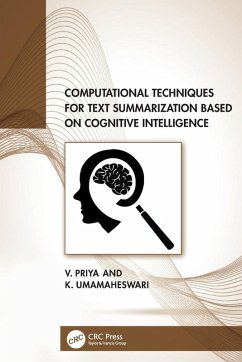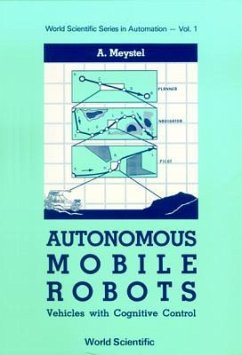Nicht lieferbar

In Search of the Person: Philosophical Explorations in Cognitive Science
Versandkostenfrei!
Nicht lieferbar
For twenty-five years Michael Arbib has been studying the workings of the human brain and developing new approaches to the design of intelligent machines. These concerns have often led him to ponder philosophical questions about the nature of mind and knowledge. In this book, Arbib offers a stimulating, speculative discussion of cognitive science and its relation to larger philosophical and social issues. Arbib proposes a theory of mental schemas to explain how the individual brain represents the world around it. He builds on Piaget's studies of how children learn and on his own work in brain ...
For twenty-five years Michael Arbib has been studying the workings of the human brain and developing new approaches to the design of intelligent machines. These concerns have often led him to ponder philosophical questions about the nature of mind and knowledge. In this book, Arbib offers a stimulating, speculative discussion of cognitive science and its relation to larger philosophical and social issues. Arbib proposes a theory of mental schemas to explain how the individual brain represents the world around it. He builds on Piaget's studies of how children learn and on his own work in brain theory and artificial intelligence to show how the concept of schemas an be used to link cognitive science to the study of persons in society. He then employs this "schema theory" as a way of looking at various constructions of reality, including those of Chomsky, Freud, Marx, and Habermas. In the final chapter, he addresses the question of human freedom and suggests a means of avoiding the apparent limitations of mechanistic explanations for human mental processes.













